Ukraine denies involvement in Nord Stream blasts; Russia calls US report 'red herring'
The Ukrainian defense minister has denied his country's involvement in the explosions that damaged the strategic undersea Nord Stream gas pipelines in the Baltic Sea last year.
Oleksiy Reznikov made the remarks in Stockholm on Wednesday, following a US media report citing new intelligence that a “pro-Ukrainian group” may have been behind the sabotage.
“This is not our activity,” he said ahead of a meeting with EU defense ministers.
Earlier in the day, Russian presidential spokesman Dmitry Peskov also said that US media reports on the Nord Stream pipelines attacks were a coordinated effort to divert attention.
“Obviously, the authors of the attack want to divert attention. Obviously, this is a coordinated stuffing in the media,” Peskov said, adding that the Kremlin was perplexed by how US officials could assume anything about the attacks without investigation.
In an exclusive report on Tuesday, The New York Times said US officials had evidence that suggested a "pro-Ukrainian group" had bombed the Nord Stream gas pipelines, without identifying the source of the intelligence and the suspected group involved.
The report said the officials had no evidence implicating Ukrainian President Volodymyr Zelensky in the sabotage, even though the bombing benefited Kiev by severely impacting Russia's revenue from the sale of natural gas to Western Europe.
According to the Times' report, the intelligence suggested the culprits behind the sabotage were "opponents of President Vladimir Putin of Russia," which launched a war on Ukraine on February 22 last year.
Last month, American journalist Seymour Hersh said the bombing of the pipelines had been directly ordered by US President Joe Biden and carried out by the CIA with the help of the US Navy.
The White House and the CIA rejected the report.
In a post on Twitter, Ukrainian presidential adviser Mykhailo Podolyak said, "Ukraine has nothing to do with the Baltic Sea mishap and has no information about 'pro-Ukraine sabotage groups.'"
On September 26, 2022, a series of explosions took place on the pipelines, knocking out three of the four strings of the Nord Stream network, off the coast of the Danish island of Bornholm in the Baltic Sea.
Two of the pipelines, known collectively as Nord Stream 1, had been providing Germany and much of Western Europe with cheap Russian natural gas for more than a decade. A second pair of pipelines, known as Nord Stream 2, was not yet operational.
Following the blasts, Denmark, Germany, and Sweden conducted investigations into the incident. The preliminary results of a joint probe by Sweden and Denmark showed that the explosions had been "intentional sabotage," but responsibility was not assigned to any party.
Trump says 'feels no obligation' to pursue peace after Nobel Prize snub
Israeli military kills Palestinian teen in southern Gaza despite truce
Recent terrorist war on Iran similar to Israel’s pager attack on Lebanon: Qalibaf
VIDEO | Thousands rally in Kargil against US, Israel 'interference' in Iran
Hamas blasts ‘torture and brutality’ against Palestinian prisoners in Israeli jails
Truth as first casualty: Deconstructing disinformation campaign on Iran riots death toll
Surrender, humiliation have no place in our lexicon: Lebanese MP
VIDEO | Press TV's news headlines


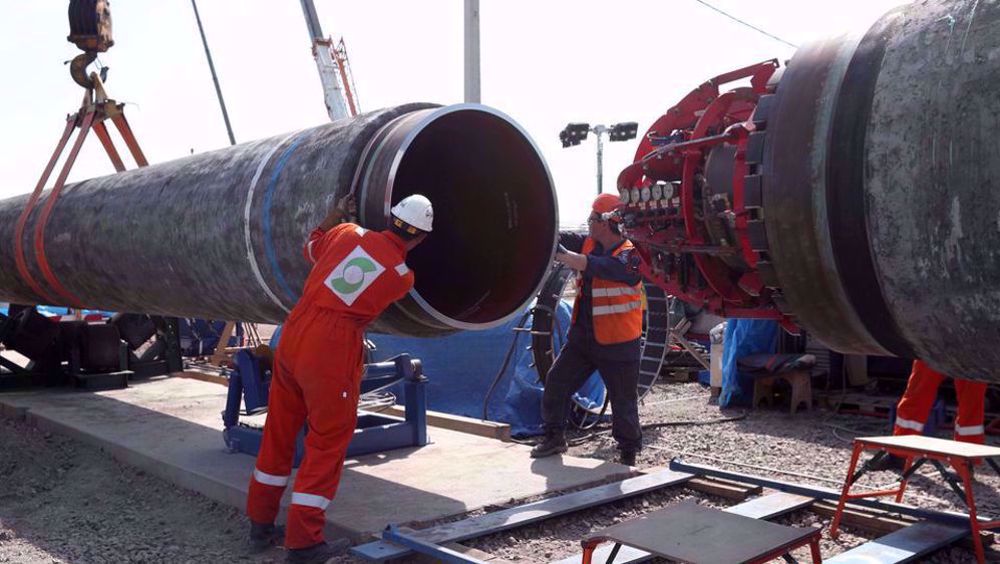
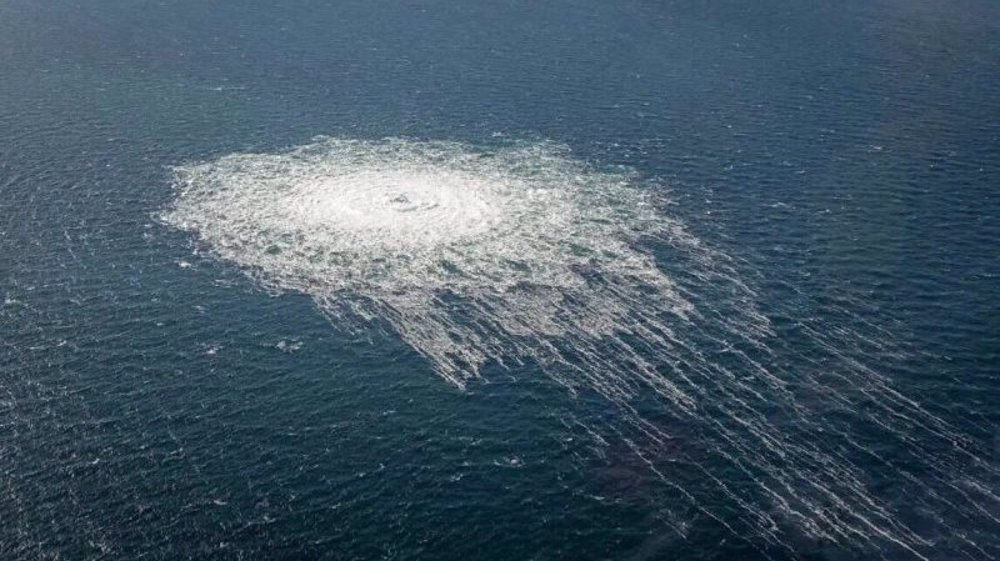
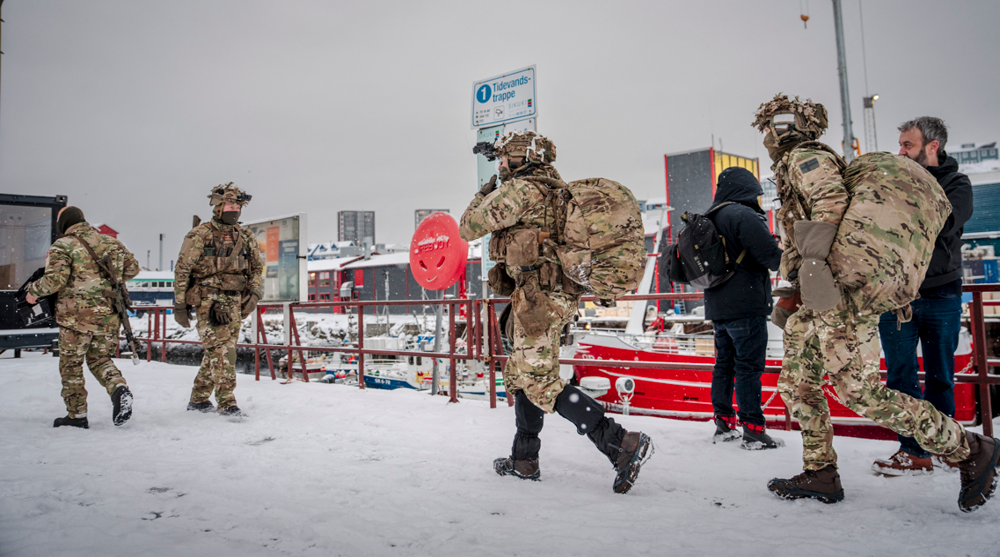





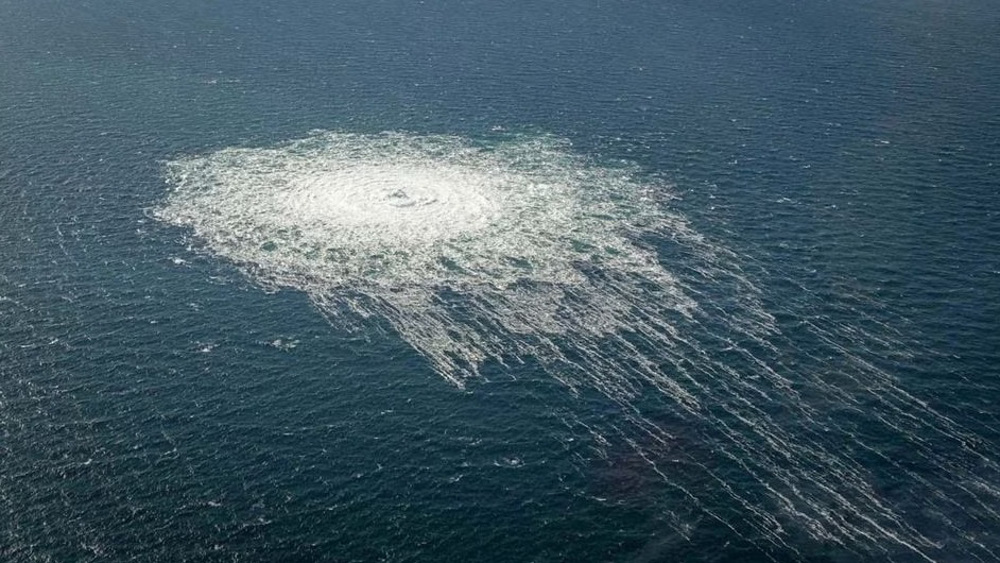
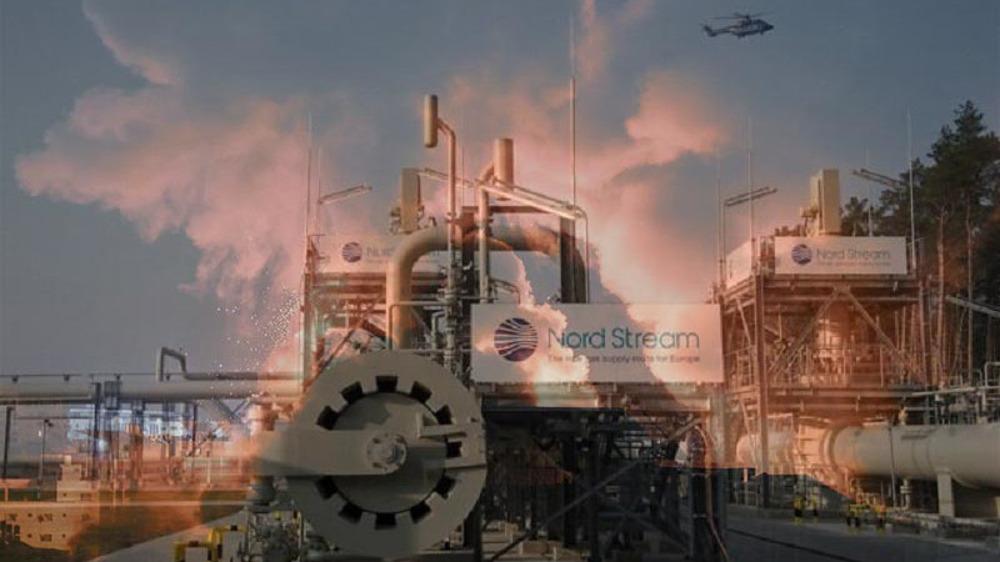
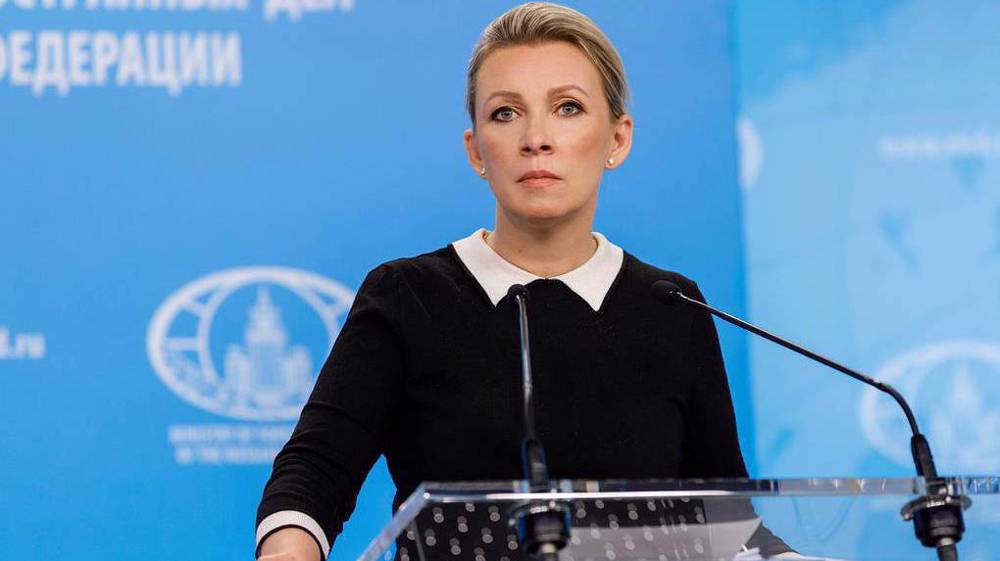

 This makes it easy to access the Press TV website
This makes it easy to access the Press TV website